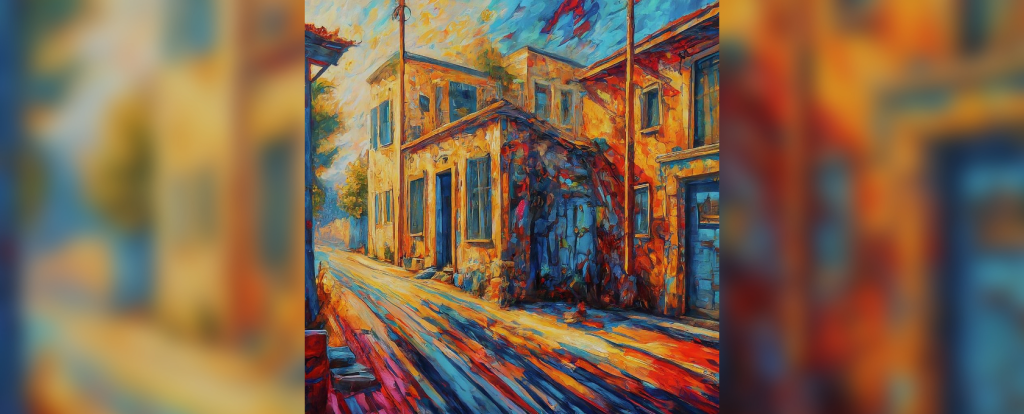MAN AND HIS SOUL

It is common for articles with political content to be perceived by readers (the public) as those thoughts that record and/or judge a political situation, as texts that deal with politics in its narrow sense; an article, that is, of “limited responsibility”.
The mind of the person writing may be motivated by everyday events taking place locally and internationally, although, in many cases, the words try to show something beyond a description or a socio-political critique. Just as a film director attempts to speak through the image he or she makes, the writer attempts to say more at the last full stop of the text.
Although I don’t have much affinity with art (forgive the self-reference), I often realise that something much deeper comes out of it, compared to the often powerful cinematic image, the painting that leaves you speechless, or the composition of a piece that makes you wonder what the composer might have been thinking while writing it. For example, the music in [Manos] Hadjidakis’ “The Waltz of Lost Dreams” can intrinsically lead the soul and mind back to childhood and carefree play. The Greek composer’s piece in question has no words and later attempts to add lyrics have rather failed. The fact that words are absent is of particular value, as it does not guide us in the least. And this is one of the reasons that places him among the top creators.
Although not a rule, sometimes writing – especially literature and poetry – is motivated by the human psyche, as if to invite the recipients to simply feel and think, rather than rush to make sense of something, a feat that is almost always futile, given that only the creator knows what they felt and thought. And this is precisely where they invite us: to listen, to see, to read and, by extension, to feel and think freely. For freedom is the vehicle of the artist, the poet, of the columnist many a time.
In short, writing is an invitation and often a challenge, like other art forms. They invite and provoke feelings and thought, either to share or to express the freedom they have or would like to have. Perhaps the cry for freedom hides within writing, painting, film imagery, choreography, within a waltz of lost dreams.
Source: MAN AND HIS SOUL